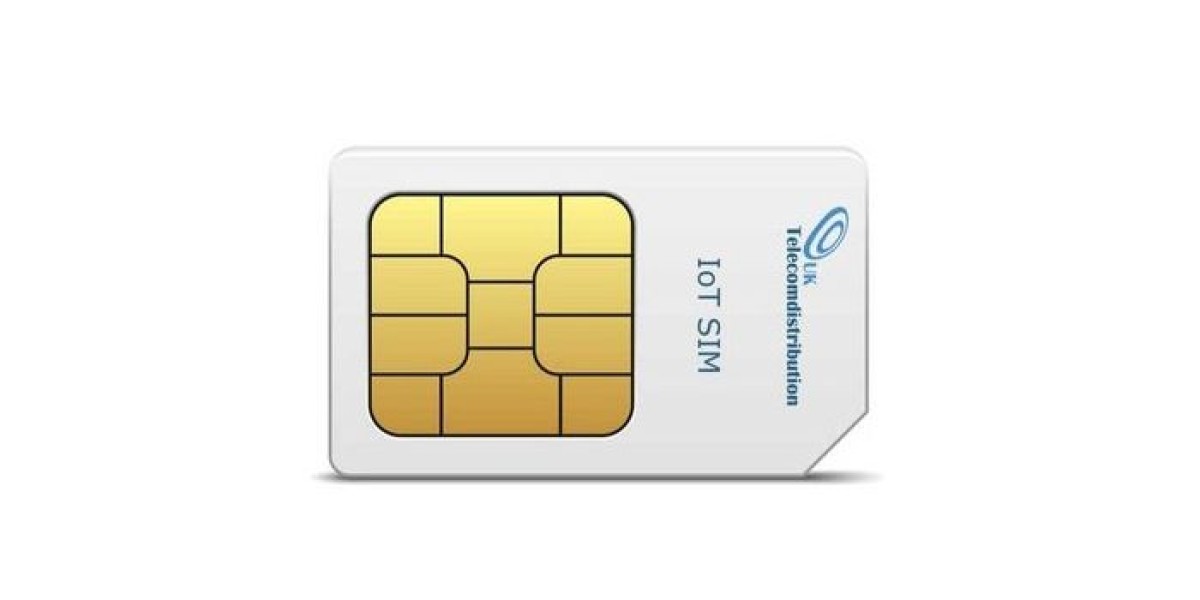This software provides a range of benefits that can help organizations ensure the security and privacy of patient data.
Secure Data Storage
One of the key features of HIPAA compliance software is secure data storage. This software encrypts patient data, both while it is being transmitted and while it is at rest in the system. This encryption helps prevent unauthorized access, ensuring that patient information remains confidential and secure. In addition, HIPAA compliance software often includes features such as access controls and audit trails, which further enhance data security.
Improved Compliance
By investing in HIPAA compliance software, small businesses can ensure that they are meeting all necessary regulatory requirements. This software helps organizations automate compliance processes, making it easier to track and report on their adherence to HIPAA regulations. This can help small businesses avoid costly fines and penalties for non-compliance, while also providing peace of mind that patient data is being protected in accordance with industry standards.
- Automated Compliance Monitoring
- Customizable Reporting Features
- Regular Updates and Support
Efficient Workflow
HIPAA compliance software can also help small businesses improve their workflow efficiency. By streamlining processes such as document management, data entry, and communication, this software can help organizations save time and resources. This improved efficiency not only benefits employees by reducing manual tasks, but also enhances the overall quality of patient care by allowing healthcare providers to focus on their core responsibilities.
Integration Capabilities
Many HIPAA compliance software solutions offer integration capabilities with other systems, such as electronic health records (EHR) and billing software. This seamless integration can help small businesses reduce duplicate data entry, minimize errors, and improve communication between different departments. By consolidating data and streamlining workflows, organizations can operate more efficiently and effectively, ultimately leading to better patient outcomes.
- Interoperability with Other Systems
- Reduced Risk of Errors
- Enhanced Communication and Collaboration
Cost-Effective Solution
While some small businesses may be hesitant to invest in HIPAA compliance software due to perceived costs, the reality is that this technology can actually save organizations money in the long run. By reducing the risk of data breaches and non-compliance penalties, this software helps protect small businesses from costly legal battles and reputational damage. Additionally, the efficiency gains and workflow improvements provided by HIPAA compliance software can lead to increased productivity and revenue for organizations.
Scalable Options
Many HIPAA compliance software providers offer scalable solutions that can grow with small businesses as they expand. This flexibility allows organizations to customize their software to meet their specific needs and budget, ensuring that they are not overpaying for features they do not require. By choosing a scalable solution, small businesses can invest in HIPAA compliance software that meets their current needs while also preparing for future growth and success.
- Pay-As-You-Go Pricing Models
- Flexible Licensing Options
- Upgrade Paths for Enhanced Features
In conclusion, HIPAA compliance software is an essential tool for small businesses operating in the healthcare industry. This technology provides a range of benefits, including secure data storage, improved compliance, efficient workflow, and cost-effectiveness. By investing in HIPAA compliance software, organizations can ensure the security and privacy of patient data, streamline their operations, and protect themselves from regulatory violations. With the right software in place, small businesses can focus on providing high-quality care to their patients while also achieving long-term success in a competitive industry.
Recommended reading: https://moldstud.com/articles/p-how-to-hire-remote-java-developers





